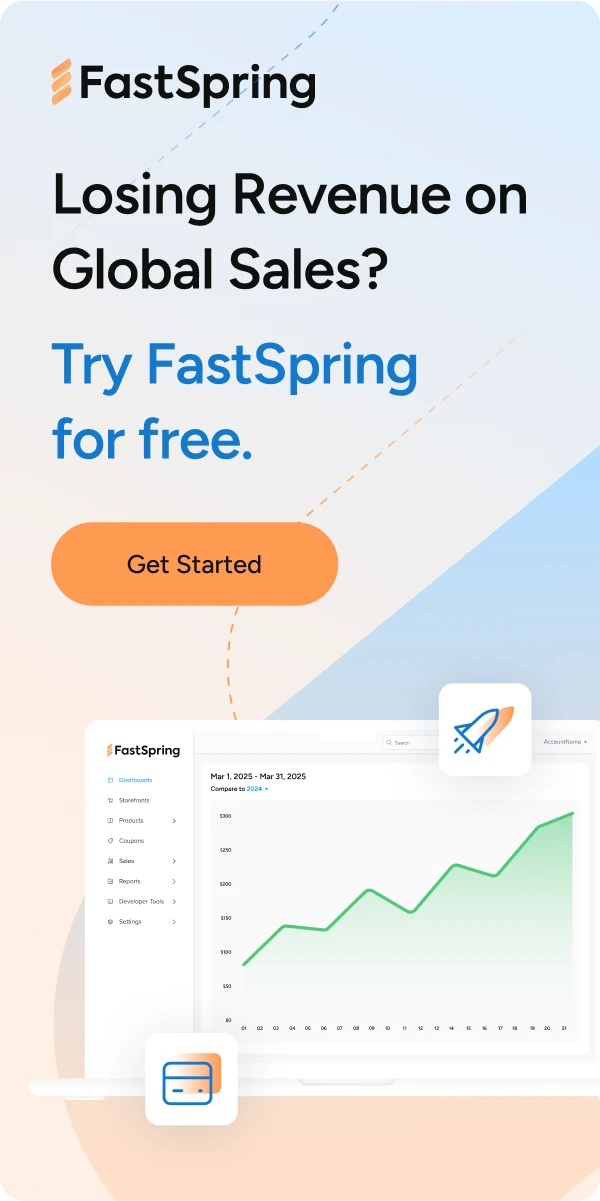Have you explored the full scope of what social channels can do for your SaaS business?
Looking at social media solely through the lens of customer relations is unnecessarily restrictive. Instead, rethink the role of the relationships you develop via social channels, which will not only improve the effectiveness of your social media marketing efforts directed toward consumers but also help you tap into new and useful partnerships that will boost your visibility.
Advantages of a Strategic SaaS Partnership
Partnerships can take many different forms, but they’re often used to link a bigger company with a smaller one finding its feet in a manner that aligns their products, markets, platforms, or even their long-term goals.
That said, be sure that the partnership you form will enhance both your product as well as your partner’s. Seek an opportunity that will improve your users’ experience, the product’s branding, or the efficiency with which you acquire customers.
A good partnership can help a SaaS company:
- Expand their customer markets by tapping into a larger, more established brand’s existing base
- Minimize gaps in a product’s functionality by pairing it with a complementary company’s services
- Increase revenue via co-marketing arrangements, decreasing customer acquisition cost (CAC) and improving your company’s sales efficiency
- Reaching a larger pool of strategic targets— the more eyes on your product the better
Characteristics of a Social Channel Partner
There’s a difference between having a casual relationship with another company on social media and developing a fully integrated co-marketing partnership. Both are valuable, but they serve very different purposes.
A casual connection is someone you follow on one or more social media platforms and who follows you in return. You might retweet or share their posts, and they reciprocate. You also might occasionally join in a conversation they’ve started, or like a comment they’ve made. While it’s a pleasant relationship, it stays on one level— the surface.
A true social channel partner, however, is a deeper and more thoughtfully developed relationship. Here are some of the traits you should seek in a social channel partner:
Target a partner who has a foothold in the field for which your software was created. Compatibility is key in this kind of partnership; just because a company sells software doesn’t mean that your products are complementary. Don’t just seek out influencers in the software field. If you’ve created a product geared toward HR professionals, find the people who are most important in that area. Have you produced a new CRM platform? Find the folks who are influential in the sales field.
Seek someone with an active multi-platform social media strategy that’s compatible with your own. Don’t restrict yourself to one platform alone— the more eyes you get on your product, the higher the likelihood of finding your audience. Your partner might be a rockstar on Twitter, but if they don’t have an account on LinkedIn, where you’re most active, they might not be the best match for you.
Find a partner who’s willing to share the spotlight. If you’ve found a partner who’s perfect on paper but seems reluctant to give you and your product the public support you need, keep looking. A good social partner will not only share your posts and tweets with their audience, but they’ll talk your product up in their own posts. And, of course, it’s important that you reciprocate— partnership is a two-way street.
Building a SaaS Partnership
Creating a strong online partnership is much like relationship building in life, and it offers you the opportunity to connect with partners that might otherwise be unreachable. Here are some quick tips for partnership building via social platforms.
- Be polite— Nobody owes you anything; making a demand rather than a request is a quick way to get shut down. Develop a relationship online with the same level of thoughtfulness you would if you were meeting face-to-face.
- Avoid presumption— If you are in the same social network, don’t automatically assume that someone’s interested in partnering with you. It’s possible they’ve already partnered with someone else, but they might be able to offer suggestions about another potential partner if you don’t put them off.
- Be brave— Once you’ve interacted with a potential partner over time, don’t be afraid to ask them to work with you.
- Make an offer— What can you give them in return? The stronger you make your social media presence, the more you have to offer a potential partner. Do you have a blog on your website? Offer them the opportunity to write a guest post. Do you have a decent following on Twitter? RT their posts and promote them regularly. Reciprocity is the name of the game.
A SaaS partnership is just one part of successfully selling your product online. Implementing a full-stack ecommerce platform plays a pivotal role in your strategy, too. Click here to download our guide, What You Need to Know About Selling Online. for more information about selling successfully.









